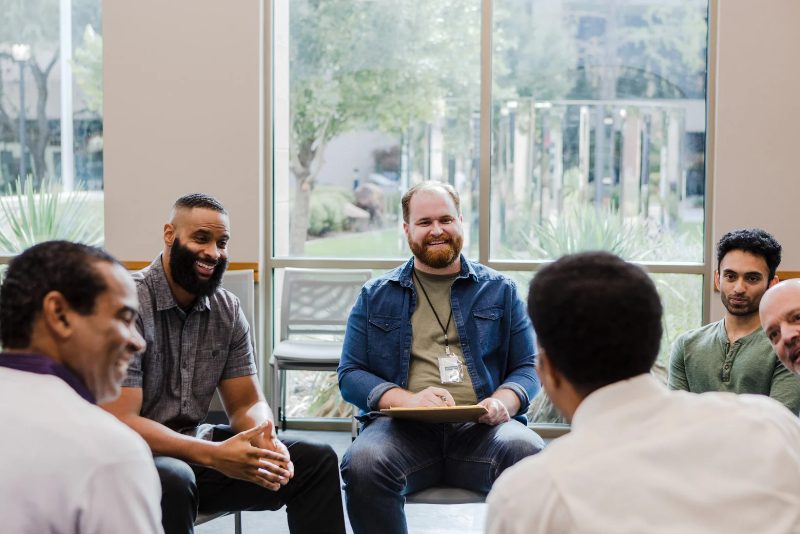Key Takeaways:
- Community support is crucial in successful addiction recovery.
- Combining traditional and holistic methods improves recovery outcomes.
- Education and volunteerism play significant roles in fostering a supportive environment.
The complicated illness of substance addiction has a significant impact on both the individual and the community. Not only does this challenge encompass physical and psychological struggles, but it also necessitates robust support systems that foster and facilitate recovery. The road to recovery is often long and fraught with challenges, necessitating more than sheer willpower. Beyond professional support, local communities and resources are vital pillars in crafting an environment conducive to recovery. Florida drug rehab centers provide crucial professional help. Still, it’s the surrounding community resources that can offer invaluable layers of support that are essential for long-term recovery.
The Role of Local Support in Addiction Rehabilitation
The network of community programs and resources can dramatically impact the success rates of individuals in recovery. Outcomes significantly improve when people working to overcome substance abuse issues have easy access to local initiatives such as community centers, counseling services, and support groups. Even local recreational activities serve as critical outlets and sources of encouragement, fortifying individuals on the recovery path. These community-based support structures complement facilities offering support and professional guidance.
Integrating Holistic Approaches with Traditional Recovery Methods
The synthesis of holistic therapies, such as mindfulness, meditation, yoga, or art therapy, with traditional medical and psychological treatments has shown affirmative impacts on recovery. These complementary methods address the mental and emotional facets of addiction, providing a more rounded and complete care approach. They serve to nurture the whole person, supporting physical sobriety and fostering mental resilience and emotional stability.
Know Your Local Options
Awareness of available local resources is a crucial component of the groundwork for individuals seeking help with addiction. Local support can range from traditional recovery groups to innovative outreach programs and everything in between. Often, the variety and particular services offered can significantly impact an individual’s road to recovery. As such, understanding the local landscape of resources—both in terms of accessibility and appropriateness—is essential.
Education and Awareness: Preventative Community Strategies
Preventative community strategies play a substantial role in the fight against addiction. School-based educational programs and local organization initiatives can help impart critical information about the risks associated with substance abuse, potentially reaching individuals before they confront issues. Awareness campaigns are often the vanguard of prevention, deepening into communities and creating information and support networks.
Funding and Policy: Government’s Role in Supporting Local Recovery Efforts
Policy decisions and governmental funding initiatives have a direct and palpable impact on the quality and availability of addiction recovery programs. Adequate funding ensures that community resources for recovery are accessible, qualitative, and able to offer the diversity of support necessary for various recovery journeys.
Volunteerism and Its Transformative Effects on Addiction Recovery
Community service can offer therapeutic benefits as a component of the recovery process. Volunteering gives people a sense of direction, belonging, and community. It also fosters a sense of value in flow society and self-worth, all of which are important for people trying to move on from addiction and rebuild their lives.
In synthesizing professional rehabilitation services with the integrative matrix of community resources, individuals battling addiction are enveloped in a support network that is multifaceted and robust. Professional care forms the groundwork for recovery, while community resources offer comprehensive continuing support. Together, they form a synergistic web that bolsters individuals in their journey to reclaim control from the binds of addiction. Resources like the National Helpline offer free and confidential advice for those needing urgent assistance. Furthermore, individuals interested in deepening their understanding of recovery can delve into detailed research on how different approaches and resources shape the recovery landscape.

